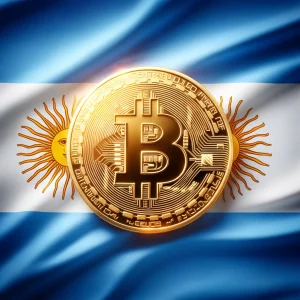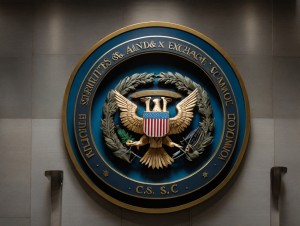Hong Kong has begun to put steps in place to take the lead in the global crypto sector. In the midst of the US crypto crackdown, Hong Kong has proposed allowing individual investors to trade digital tokens such as Bitcoin and Ether. Furthermore, its Securities and Futures Commission (SFC) has requested public feedback on its newly proposed licensing framework for crypto exchanges, which is expected to go into effect in June 2023.
Hong Kong regulators begin the needed steps to become a crypto hub
The SFC announced the consultation process on February 20. The procedure described a new licensing scheme for the industry, proposing that all centralized crypto trading platforms operating in Hong Kong be licensed with the regulatory agency.
According to SFC CEO Julia Leung, the “recent turmoil” in the crypto ecosystem, as well as the collapse of industry leaders such as FTX, is a main cause for clear regulatory standards for the industry, with investor protection at the forefront:
As has been our philosophy since 2018, our proposed requirements for virtual asset trading platforms include robust measures to protect investors, following the ‘same business, same risks, same rules’ principle.
SFC CEO Julia Leung
The proposed regulatory recommendations from the SFC are based on current regulations for licensed securities brokers and automated trading venues. However, some of the current conditions have been modified. Additionally, crypto exchanges and service providers must adhere to a number of regulations.
This covers a wide range of prerequisites, such as asset safekeeping, Know Your Customer (KYC), conflicts of interest, cybersecurity, accounting and auditing, risk management, anti-money laundering/counter-financing of terrorism (AML & CFT), and market misconduct prevention.
According to previous reports, Hong Kong-based financial service firms began inquiring about licensing requirements following a December 2022 modification to the Anti-Money Laundering and Counter-Terrorist Financing Ordinance.
Any centralized virtual asset trading platform that conducts business in Hong Kong or targets Hong Kong investors must receive a license from the SFC under a new licensing scheme beginning 1 June 2023. Although crypto trading is illegal in China, Hong Kong is using its autonomy to allow brokers and platforms to apply for local licenses.
Details of the upcoming licensing regime
During the consultation period, which ends on March 31, the SFC particularly asks for feedback on whether licensed platform providers should service retail traders and what further safeguards should be implemented to protect individual investors.
According to sources, the two most valuable digital assets by market value, Bitcoin and Ether, are likely to be listed by Hong Kong platforms, an SFC spokeswoman said in a briefing.
Hong Kong switched to a pro-crypto attitude at the end of October last year. This is part of a larger effort to reestablish the city’s reputation as a financial center. Authorities hope to learn from last year’s $1.5 trillion digital-asset meltdown and a string of global bankruptcies.
The consultation paper did not name any specific crypto indexes as a starting point for a taxonomy of authorized tokens. However, exchanges would be responsible for monitoring listed assets to ensure they are suitable for trading by ordinary investors.
Businesses that plan to continue operations and apply for a license are urged to assess and adapt their current systems and controls to meet the incoming regime’s requirements. In contrast, exchanges and service providers who do not intend to apply for a license must prepare to shut down their Hong Kong operations.
Big news for crypto today: @HuobiGlobal has announced that it's applying for a crypto trading license in Hong Kong🇭🇰! This is a major step for the major cryptocurrency exchange and a sign of its continued commitment to operating in a compliant and regulated manner. 🇨🇳
— H.E. Justin Sun 孙宇晨 (@justinsuntron) February 20, 2023
The government has previously permitted exchange-traded funds to participate in Bitcoin and Ether futures from CME Group, and this month saw the sale of the first digital green bonds. However, digital asset entrepreneurs are increasingly attracted to the more accommodating policies of Hong Kong, Dubai, and Europe.
Hong Kong’s SFC plans to publish and maintain a list of licensed crypto exchanges and service providers in order to inform the public of the registration statuses of various businesses.
The city’s existing crypto exchange policy is a voluntary one that restricts them to clients with portfolios worth at least HK$8 million ($1 million). HashKey Group and the OSL bourse of BC Technology Group are the only two entities holding permits.
If Beijing one day lifts its ban on most cryptocurrencies on the mainland, Hong Kong’s tilt might also provide a channel for mainland Chinese investment.





